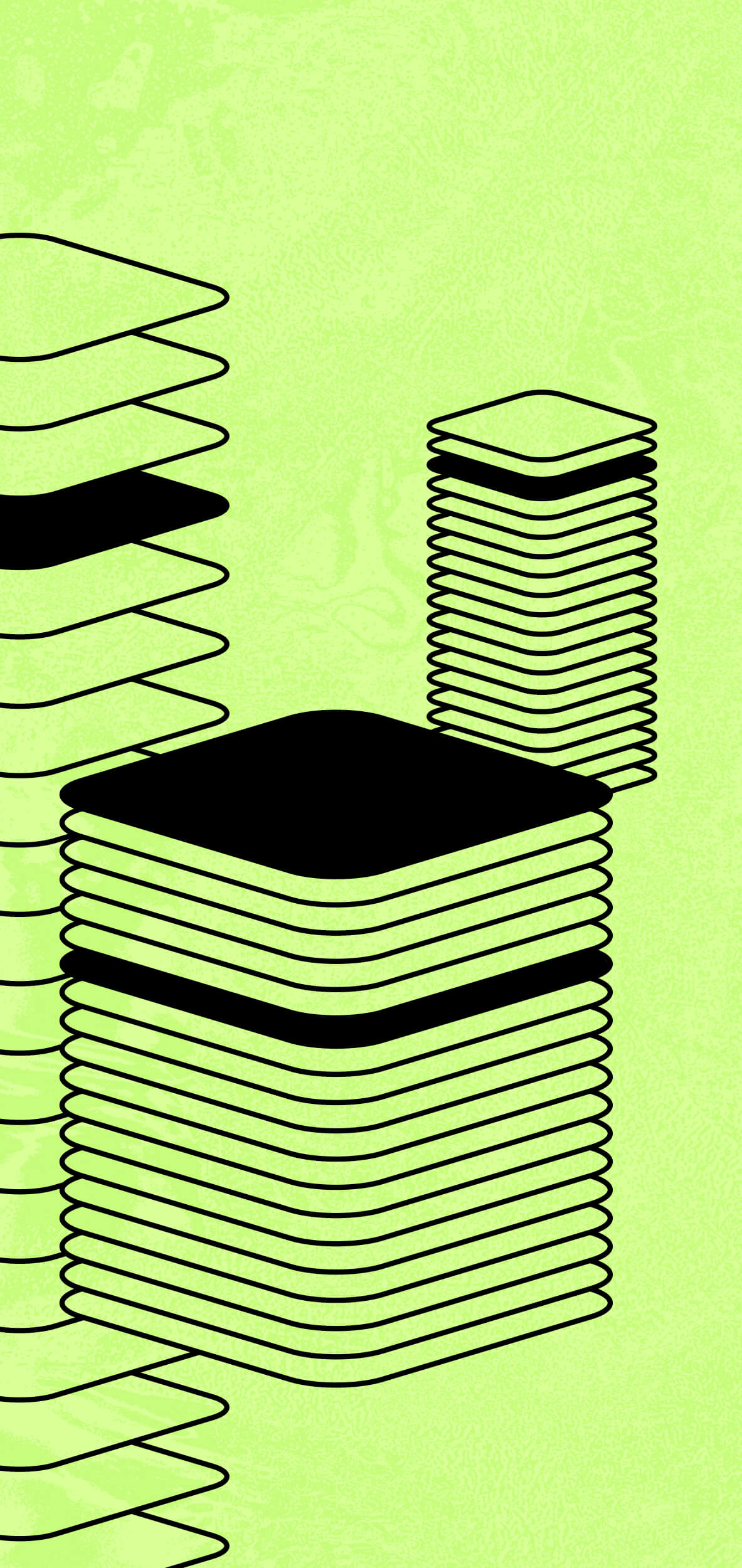Obol Labs: Leading the Future of Proof-of-Stake Technology. At 01node, we are proud to be a distributed validator running DV nodes in collaboration with Obol Labs. Obol Labs is at the forefront of developing cutting-edge proof-of-stake infrastructure for public blockchain networks. In this article, we’ll look into Obol Labs’ innovative projects like Internet Bonds, Distributed Validator Technology, and Multi-Operator Validation. We’ll also explore the key concepts and tools that make up the Obol Network and share our insights as a validator contributing to this groundbreaking work. Join us as we discuss how Obol Labs is advancing Ethereum staking and decentralization, paving the way for a more resilient blockchain ecosystem.
The Distributed Validator Protocol
Obol Labs’ primary focus is the Distributed Validator Protocol. This protocol aims to create trust-minimized staking through multi-operator validation, providing easy access to Ethereum staking rewards. These rewards can be integrated into various Web3 products, enhancing their functionality and security.
The Obol Network
The Obol Network acts as an extra layer on top of the base blockchain layer. This work layer adds resilience and promotes decentralization as the network grows. As Ethereum evolves, the community will face the challenge of stake centralization. To handle this, community building and neutrality are key.
Obol aims to scale consensus by offering open access to Distributed Validators (DVs). We believe DVs will become a significant part of mainnet validator setups. To prepare for widespread use, the network uses Distributed Validator Technology (DVT) to run validator clusters, allowing validators to keep their current setup.
The Obol Network includes four main tools:
- The Distributed Validator Launchpad, which helps users start Distributed Validators.
- Charon, middleware that lets validators operate in a distributed, fault-tolerant way.
- Obol Splits, smart contracts for distributing rewards from Distributed Validators.
- Obol Testnets, which provide infrastructure for testing Distributed Validators on Ethereum public test networks.
The Vision
The vision of obol for decentralizing stake involves two key stages.
Vision 1 - Trusted Distributed Validators
The first version of distributed validators will require dispute resolution to be handled outside the system. This means operators need to communicate directly if issues arise.
Even without built-in dispute resolution, DVs are valuable. Individuals and staking service providers can use DVs to make their validators more fault-tolerant. Groups can run DVs together, but they need their own dispute resolution methods, like smart contracts, legal agreements, or mutual trust.
In V1, the Obol Community will use retroactive public goods principles to allocate collected ETH as grants to staking projects.
Vision 2 - Trustless Distributed Validators
The second version will include built-in incentives to ensure operators are online and participating in validation. If they fail to do so, they won’t earn rewards. This version will also introduce bonding requirements that can be slashed for poor performance.
Adding these features requires complex cryptography, secure off-chain dispute resolution, and EVM support for proofs of consensus layer state. This will take more time and effort than V1, hence the separation between the two versions.
Key Concepts
Here are the key concepts behind the various technologies that Obol is developing.
Distributed Validator
A distributed validator is an Ethereum proof-of-stake validator that runs on more than one node or machine. This is made possible by Distributed Validator Technology (DVT). DVT removes some single points of failure in validation. If less than 33% of the nodes in a distributed validator cluster go offline, the remaining nodes can still reach consensus and produce valid signatures for staking. This is known as Active/Active redundancy, a common strategy to minimize downtime in critical systems.
Distributed Validator Node
A distributed validator node consists of the clients an operator must configure and run to fulfill the duties of a Distributed Validator Operator. Operators may also run redundant execution and consensus clients, an execution payload relayer like mev-boost, and other monitoring or telemetry services on the same hardware to ensure optimal performance.
Execution Client
An execution client (formerly known as an Eth1 client) specializes in running the Ethereum Virtual Machine (EVM) and managing the transaction pool for the Ethereum network. These clients provide execution payloads to consensus clients for inclusion into blocks.
Consensus Client
A consensus client runs the proof-of-stake consensus layer of Ethereum, often referred to as the beacon chain.
Distributed Validator Client
A distributed validator client intercepts the communication flow between the validator client and the consensus client over the standardized REST API. Its two core duties are:
- Reaching consensus on a candidate duty for all validators to sign
- Combining signatures from all validators into a distributed validator signature
The only example of a distributed validator client with a non-custodial middleware architecture to date is Charon.
Validator Client
A validator client is software that operates one or more Ethereum validators.
Distributed Validator Cluster
A distributed validator cluster is a group of distributed validator nodes connected together to service a set of distributed validators generated during a Distributed Validator Key (DVK) ceremony.
Distributed Validator Key
A distributed validator key is a collection of BLS private keys that together operate as a threshold key for participating in proof-of-stake consensus.
Conclusion
At 01node, we recognize Obol Labs’ commitment to advancing proof-of-stake technology and Ethereum staking. By developing innovative solutions and providing essential tools, Obol Labs is paving the way for a more resilient and decentralized blockchain ecosystem. As they move forward with their vision, from trusted to trustless distributed validators, they aim to create a robust and secure staking environment for all participants. We are excited to witness and support their journey toward a decentralized future.

